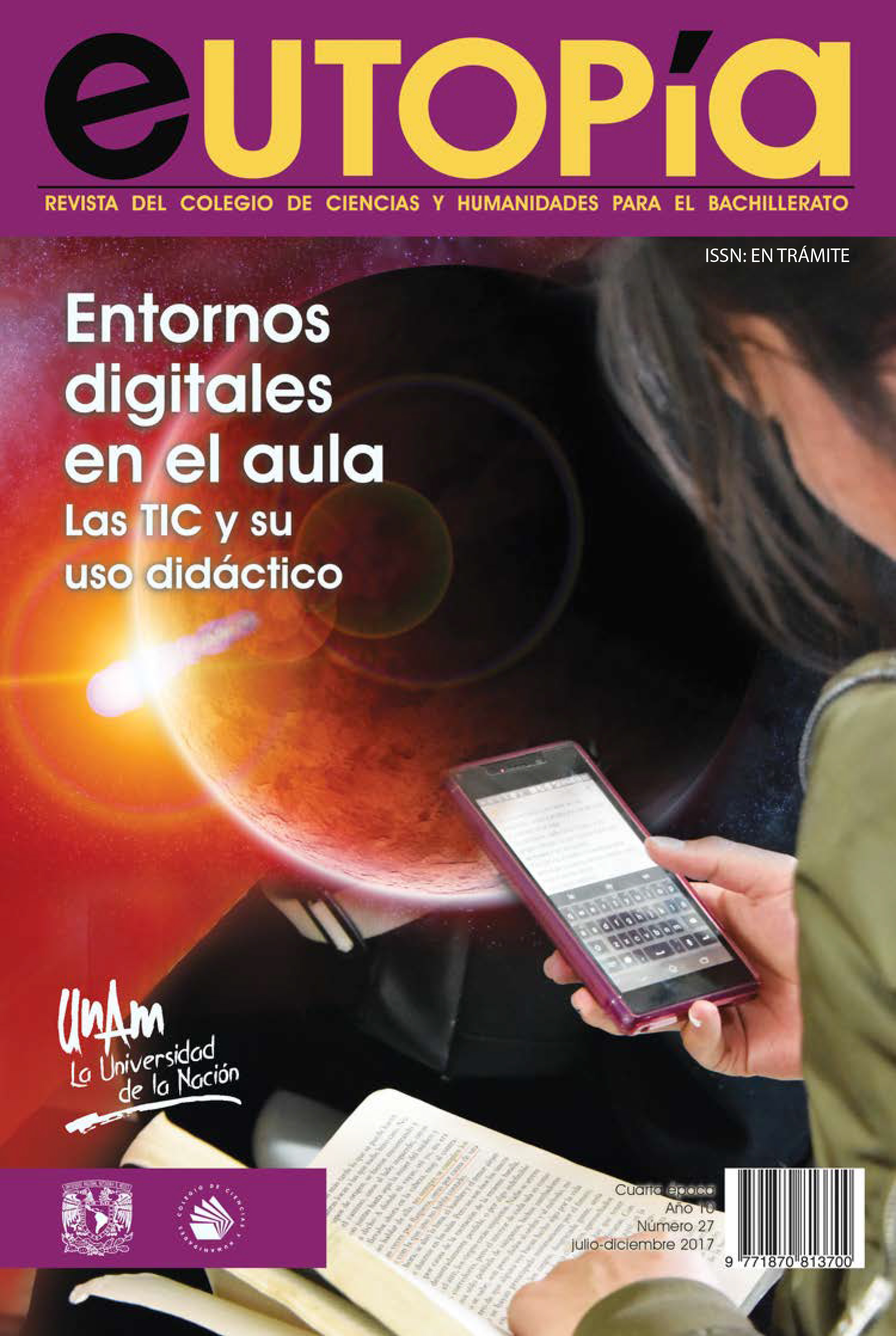Análisis de una experiencia de transformación micro-curricular con apoyo de las TIC en el CCH
Main Article Content
Abstract
The objective of the present study is the evaluation of the advances in the implementation of the socio-formation and the Information and Communications Technologies (ICT) at micro-curricular level in the subject of Computing in the high school at the Colegio de Cien-cias y Humanidades (CCH), of the Universidad Nacional Autónoma de México (UNAM). For this study, a follow-up was carried out from 2009 to 2017, by means of the analysis of the evaluation evidence, the observation of the classes and the interview to the students. The most relevant results were the following: 1) Changes have been incorporated in tra-ditional teaching by introducing the design of thematic projects to solve real problems for each unit, starting from the implementation of the socio-formation in 2012; 2) work with training projects has been complemented by socio-educational coaching and mentoring through different means, which has increased the level of motivation and participation of students in the last four years; and 3) from the socio-formation, the entrepreneurship has increased, with the design of micro-enterprises by the students, as well as the interest in attending careers in the area of physical-mathematical sciences. These results support the hypothesis that there is a need to strengthen this socio-educational approach along with ICT in this area.
Downloads
Article Details
Citas en Dimensions Service

This work is licensed under a Creative Commons Attribution-NonCommercial-ShareAlike 4.0 International License.

Eutopía by Dirección General de la Escuela Nacional Colegio de Ciencias y Humanidades is licensed under a Creative Commons Reconocimiento-NoComercial-SinObraDerivada 4.0 Internacional License.
Creado a partir de la obra en http://www.revistas.unam.mx/index.php/eutopia/issue/view/4370/showToc.
